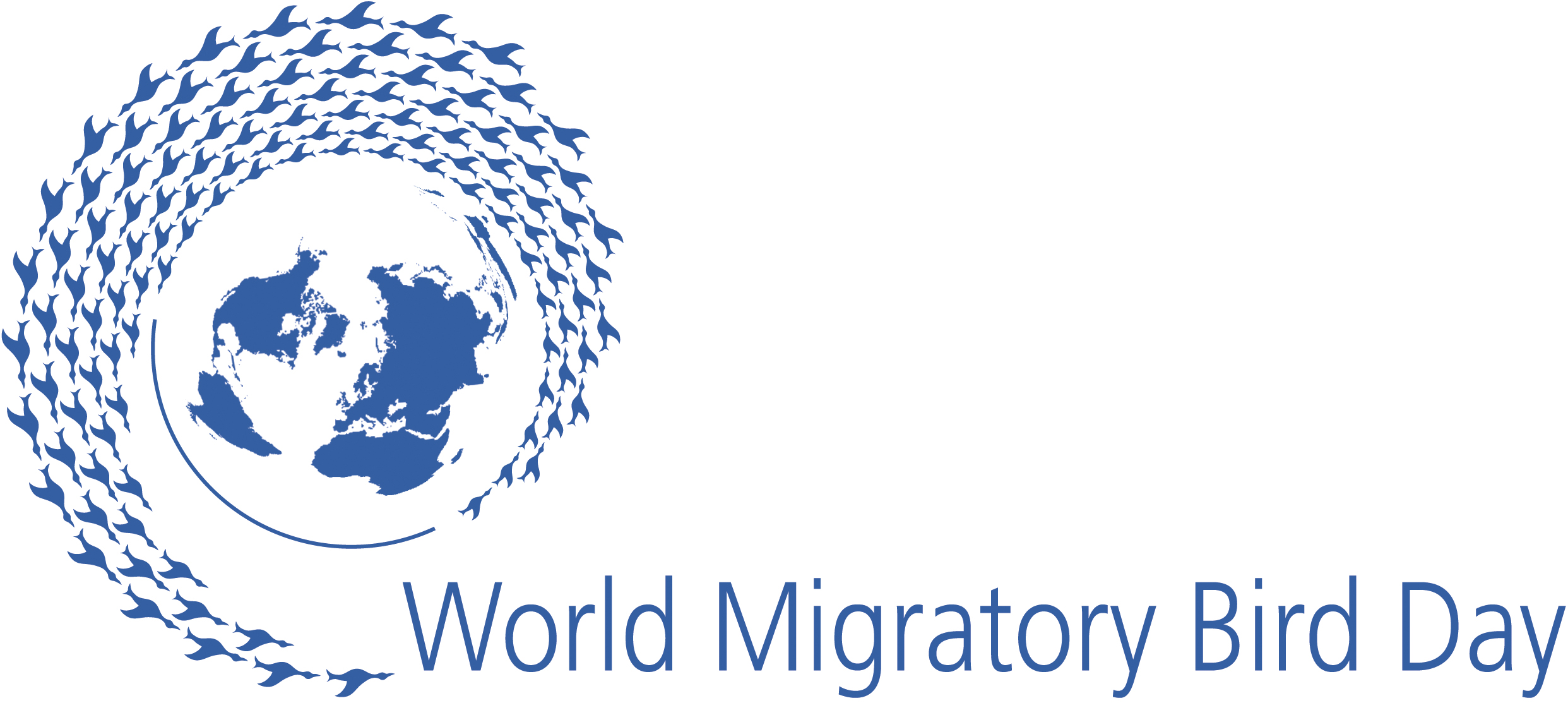
World Migratory Bird Day is officially celebrated every year on the second Saturday of May and the second Saturday of October. It aims to raise awareness of the importance of protecting habitats and birds on their long migrations. It is observed biannually, in spring and autumn, to highlight the importance of the cyclical nature of bird migrations due to the climatic difference between the Northern and Southern hemispheres. This year, the two peak days of the World Migratory Bird Day will be 13 May and 14 October, and the theme will focus on WATER.
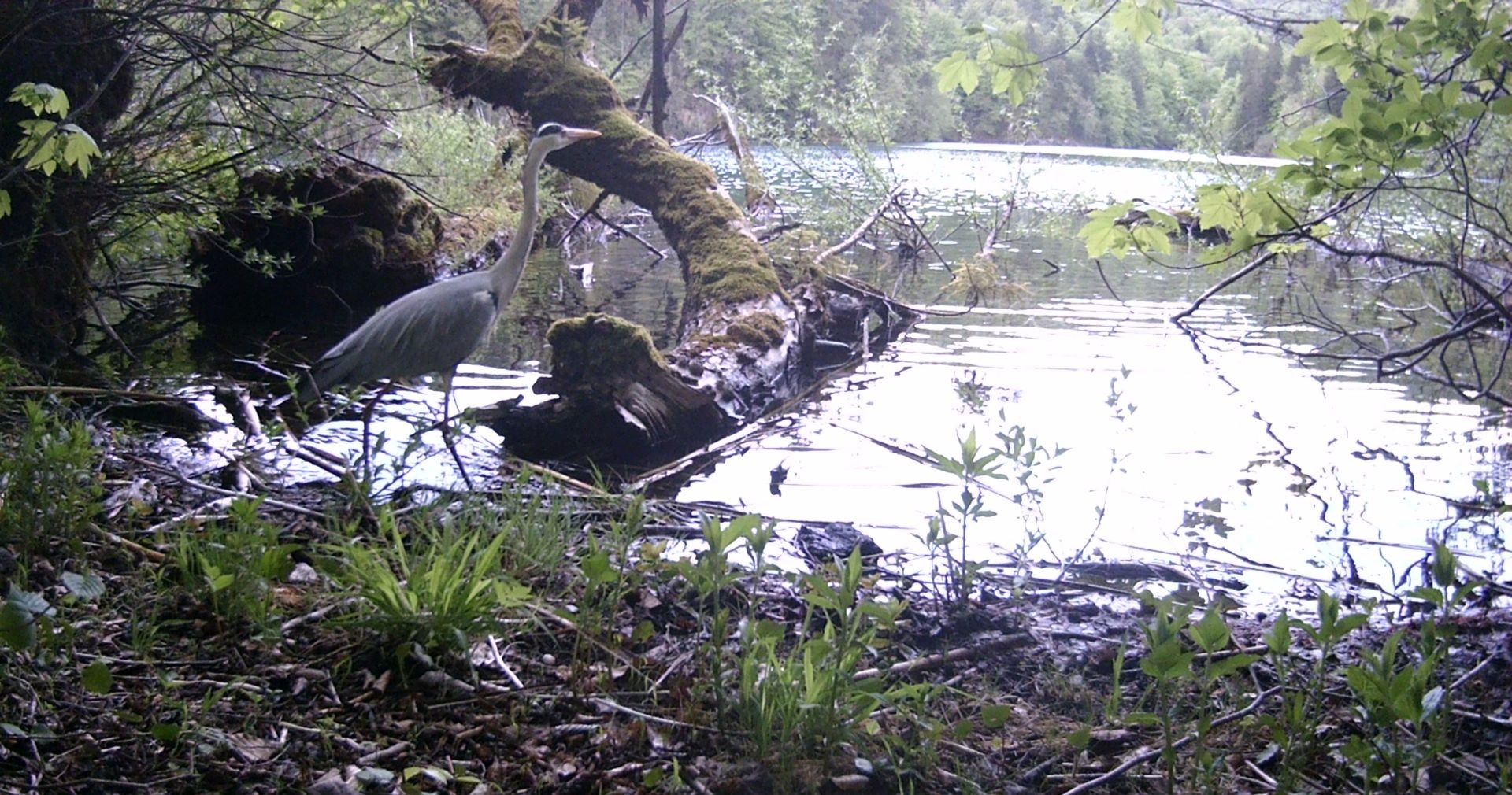
Grey heron (Ardea cinerea) 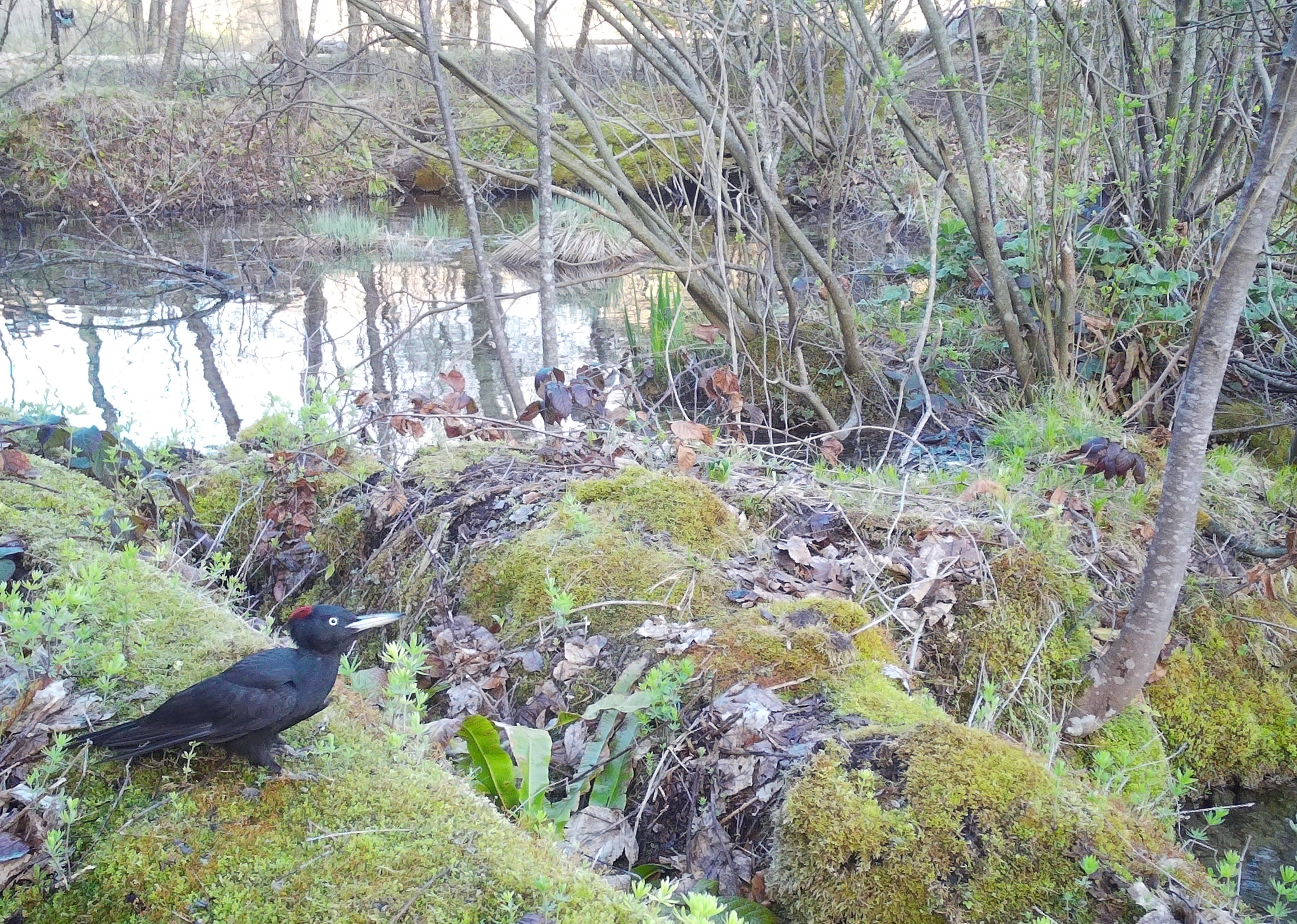
Black woodpecker (Dryocopus martius)
Most birds rely on water for their migrations. Aquatic habitats are essential as the places where they feed, find drinking water, nest, and rest during long seasonal migrations.
Aquatic ecosystems, rivers, lakes, streams, and especially wetlands, are strongly affected by human activities. The wetlands are being drained, rivers and ponds polluted, and streams exploited. Human needs for water are rising, pollution is intensifying, and climate change is heavily affecting the water amount and distribution on Earth. All of this is taking its toll on the lives of migratory birds and all other bird, plant and animal species, and ultimately human lives.
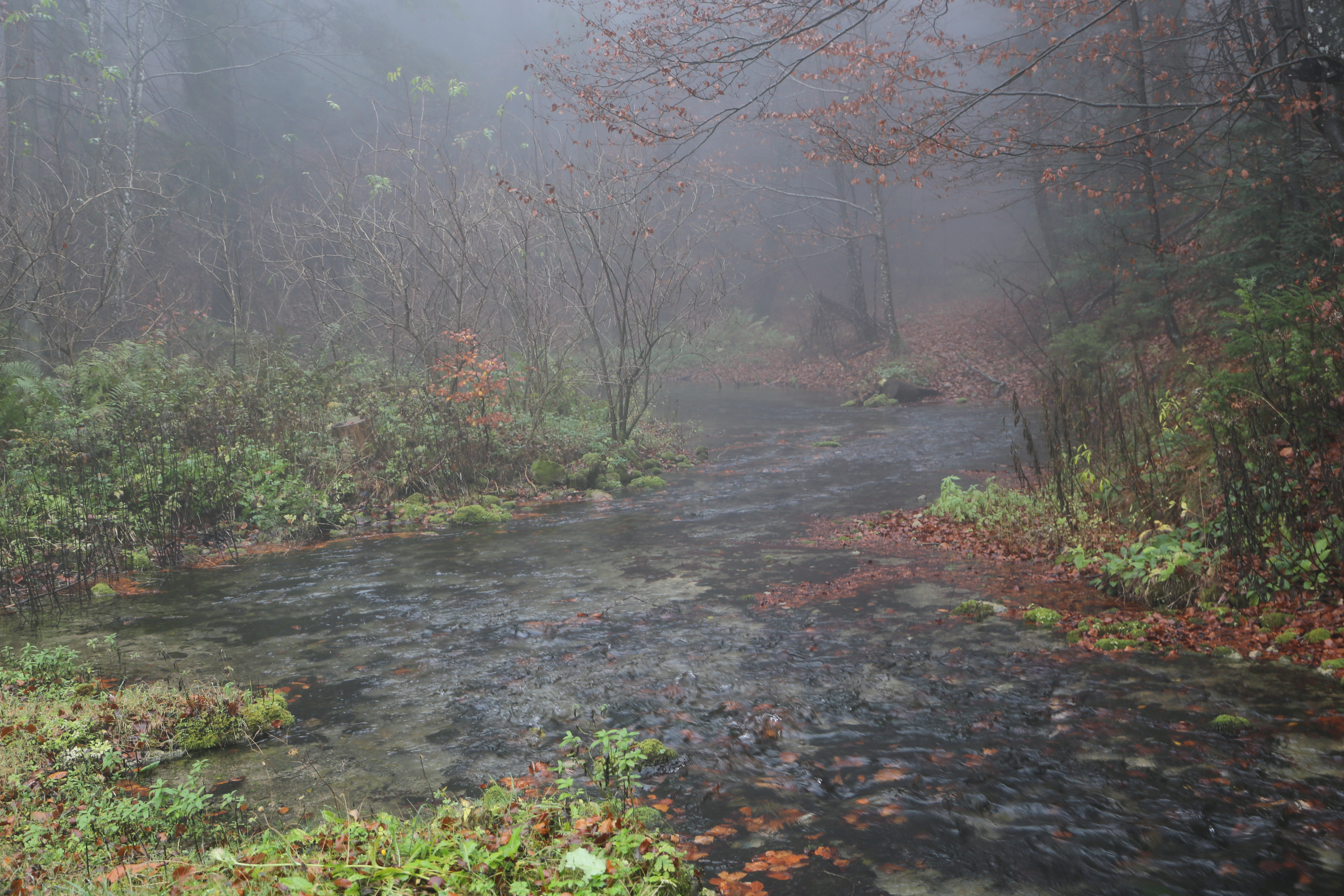
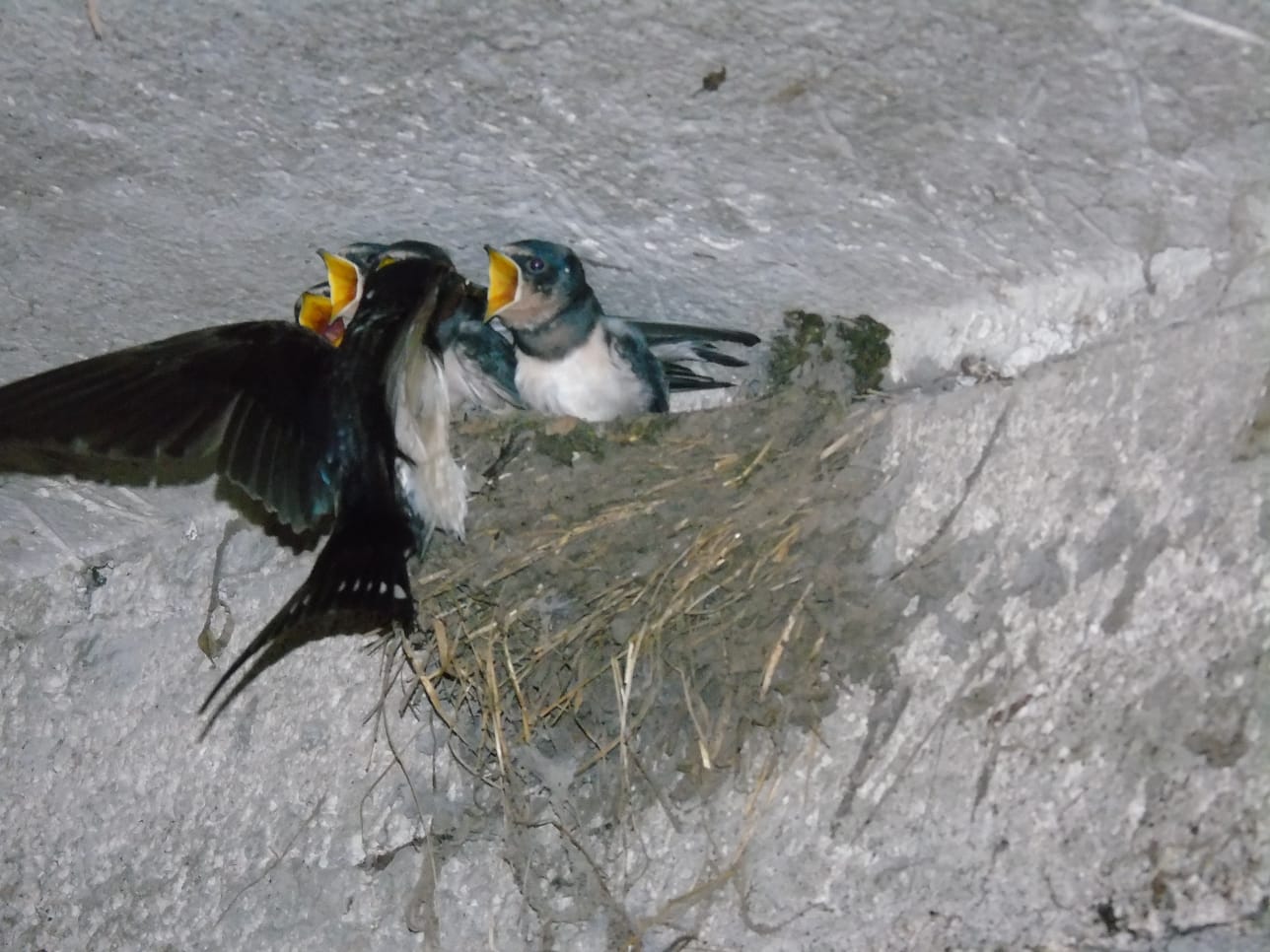
Swallow (Hirundinidae) 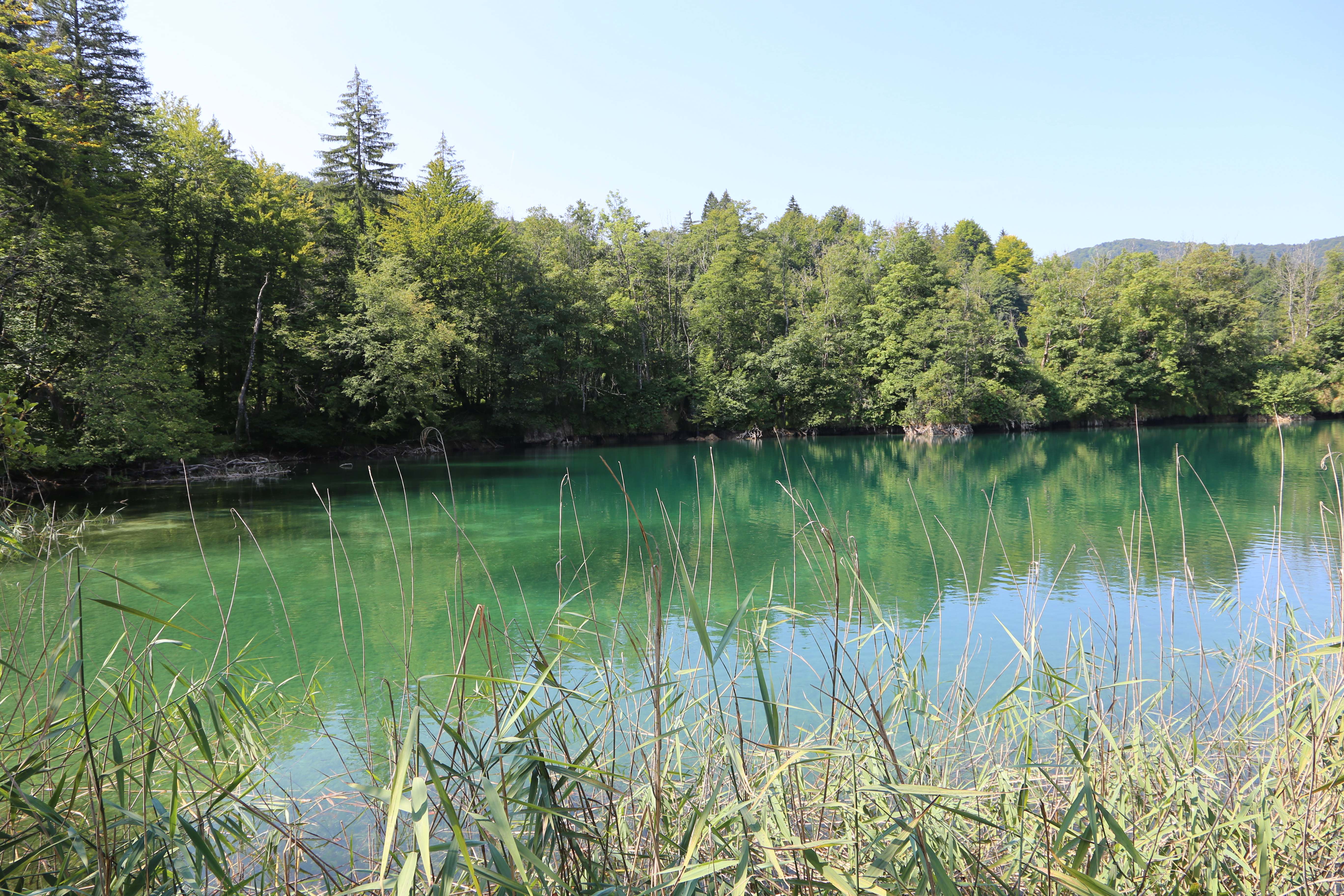
The area of the Plitvice Lakes National Park is extremely rich in water resources, and encompasses different types of aquatic habitats. Taking care of the environment and preventing improper human activities and pollution are some of the efforts taken to preserve the area of the Park as the ideal ground for rest, nesting and wintering of the large number of bird species. By preserving habitats and species, the Park has made a significant contribution to maintaining high levels of biodiversity, as well as preserving various plant and animal species, along with their habitats. We cannot put a stop to the destructive nature of climate change, but we are hopeful that the preserved and diverse ecosystems abounding in life will manage to self-sustain, relatively unchanged.


